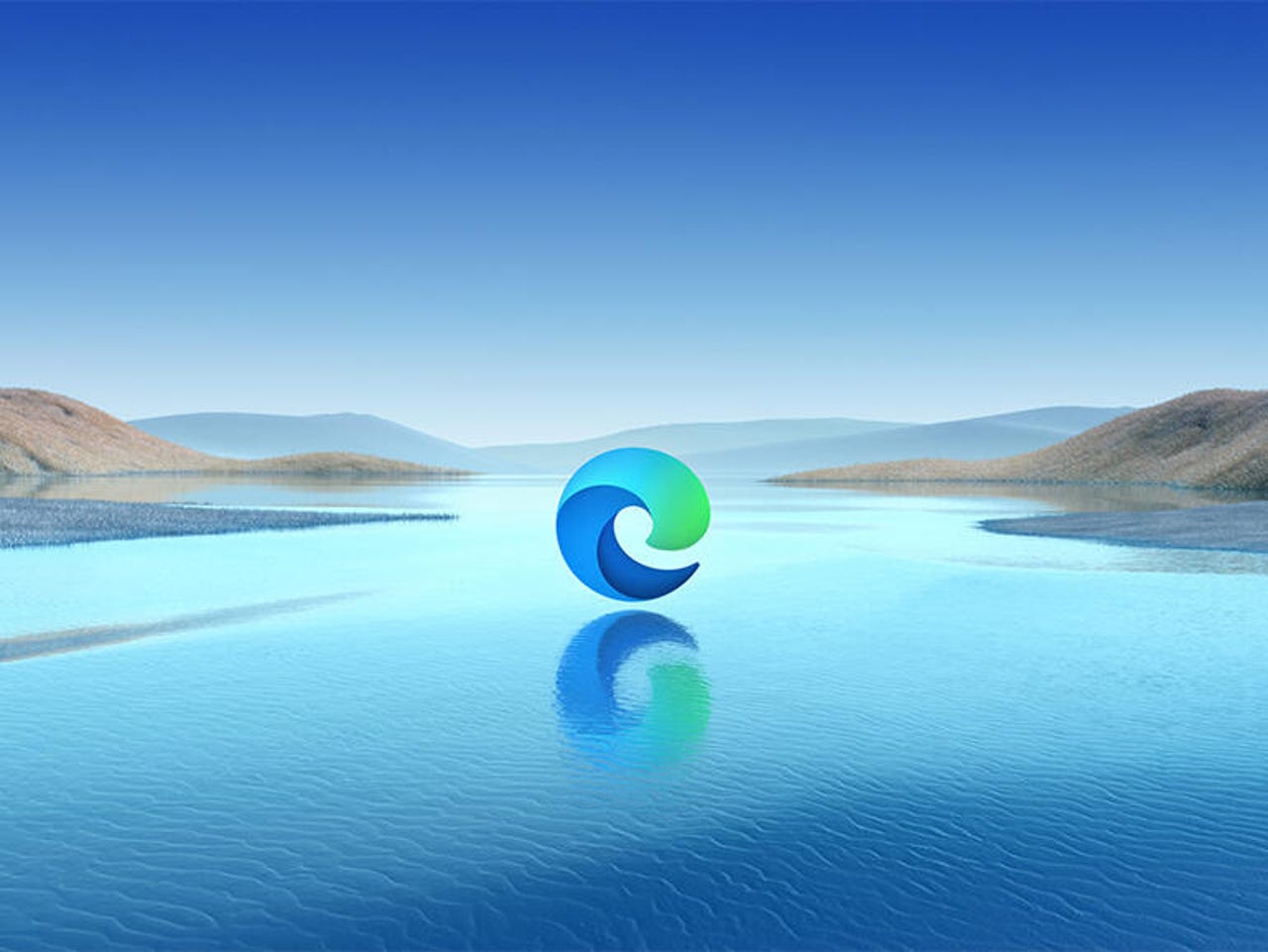Microsoft is embarrassing itself and customers can see it


Serene. Beautiful. Now use it or else.
Do you have friends who constantly struggle with their worst habits?
Do they try so very hard to change, yet their old foibles return again and again to annoy and destroy everyone's mood?
Is one of your friends Microsoft?
I only wonder because I'm becoming increasingly baffled by Redmond's behavior in one specific area of its business.
It has an excellent product called Edge. Yet it doesn't advertise it. It doesn't show customers just how excellent it is. Instead, Microsoft chooses to force it upon them like a cruel school nurse in a 1950s British horror movie.
Which is what the old Microsoft used to do quite a lot.
The latest episode began with Redmond making it harder to set anything other than Edge as your Windows 11 browser.
Now, it involves the company blocking helpful tools like Edge Deflector and Search Deflector. How are they helpful? Well, they allow human Windows 11 users to choose which browser they prefer, rather than have, in the case of certain links, Edge foisted upon them by the fidgety fists of Microsoft.
Did I mention that Edge is a very fine product? Did I mention that Microsoft's stance feels slightly counterproductive?
Not even Apple, wallbuilders so much more successful than any president I can think of, would dream of forcing Mac users to embrace Safari to the exclusion of every other browser. (Even if Apple occasionally gets upset that you're using Edge.)
Yet here is Microsoft offering my colleague Mary Jo Foley these words of explanation: "Windows openly enables applications and services on its platform, including various web browsers. At the same time, Windows also offers certain end to end customer experiences in both Windows 10 and Windows 11. The search experience from the taskbar is one such example of an end-to-end experience that is not designed to be redirected. When we become aware of improper redirection, we issue a fix."
This logic gives piffle a bad name.
End to end customer experiences? From which end? To what end?
Is Microsoft truly suggesting that Edge somehow uplifts the Windows link-opening experience where, say, its birth-mother, Chrome, doesn't?
The search experience isn't designed to be redirected? Perhaps Microsoft should redirect its efforts toward treating its customers like people who make their own choices.
There's something so palpably absurd about all this. Satya Nadella's stewardship of the Microsoft brand has comprised a moderate, considerate tone, coupled with an open-minded approach to other people's hardware and even software choices.
Does he actually know what's going on here?
It's one thing to try to encourage your customers to try more of your offerings. Yet Microsoft has a myopic need not only to pester but also to subjugate.
Microsoft's history is littered with force-feeding customers to the point at which they want to force-quit. And it's not as if Windows 11 has enjoyed a completely smooth entry into the atmosphere. Why would you want to grate on your customers' wicks with this gratuitously?
The answer, one imagines, is that Microsoft wants to gain browser market share and doesn't care how it does it.
But did I mention Edge is a fine product? I use it on occasion. It works very well. Did it never strike anyone at Microsoft to take advantage of, say, positive messaging to inspire and charm customers into trying its new browser?
From the very beginning of Edge, Microsoft managed to annoy Windows 7 users. Many, not knowing there was a new browser, concluded that Edge must be malware. Did it really have to be this way?
I wafted to Microsoft's own forums to see what the committed had to say.
Sample from Petri X, a so-called Super Contributor: "Sounds like a kid who has lost the game and start behaving badly. At least I'm getting the impression that Microsoft does not trust anymore that people are using Edge because Edge is such a good browser. They must use Edge because Microsoft says so."
Given its latest behavior, I'm now more committed to continuing with Firefox as my main browser. Which surely can't be helpful to Microsoft's cause.
But the real issue here is the one many are fighting for, and some are fighting against: democracy.
I leave you, therefore, with the words of Microsoft's CEO, words that I'd so like to believe: "Throughout its history, Windows has been a democratizing force for the world. Windows has always stood for sovereignty for creators and agency for consumers."